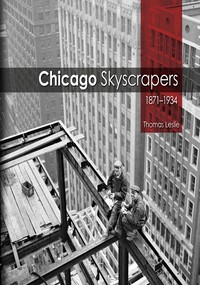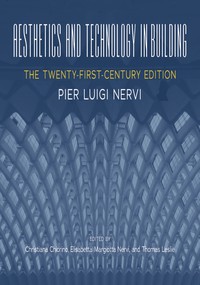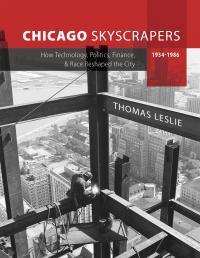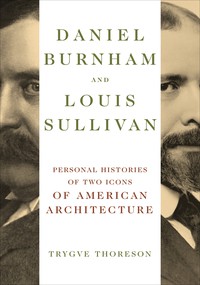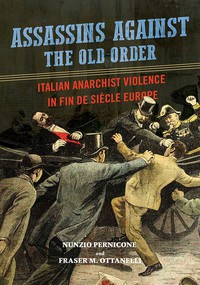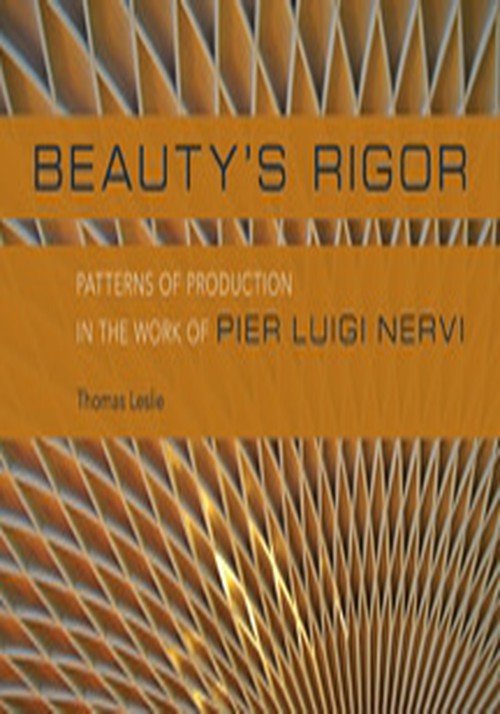
Beauty's Rigor
About the Book
Born in Sondrio, Italy, in 1891, Pier Luigi Nervi was a pioneer in the engineering and architecture of reinforced concrete. His buildings showed how the use of reinforced concrete expanded the possibilities of form and structure. His methods, meanwhile, ingrained his structures with patterns that came directly out of his economical, manual construction processes. The results were buildings that matched awe-inspiring spans with surprisingly human scale.Beauty's Rigor offers a comprehensive overview of Nervi's long career. Drawing on the Nervi archives and a wealth of photographs and architectural drawings, Thomas Leslie explores celebrated buildings like Palazetto dello Sport built for the 1960 Rome Olympics, St. Mary's Cathedral in San Francisco, and the UNESCO headquarters in Paris. He also sheds new light on unbuilt projects such as the Pavilion of Italian Civilization for the Universal Exposition of Rome E42. What emerges is the first complete account of Nervi's contributions to modern architecture and his essential role in a revolution that realized concrete's potential to match grace with strength.
* Publication supported by grants from Furthermore: a program of the J.M. Kaplan Fund, and the Iowa State University Publication Endowment Fund.
Reviews
"Thomas Leslie fills out [Nervi's] picture in a consistently engaging manner."--Architectural RecordBlurbs
"A superbly conceived and argued presentation of the work of a designer who commands a surprisingly meager bibliography despite his historical importance, contemporary relevance, and stunning corpus of masterful designs that are still prominent in the cityscapes of two continents. In addition to reproducing rarely seen documents Leslie has used them to create not only verbal but visual analysis. His passion and commitment shine through the text."--Barry Bergdoll, author of European Architecture: 1750–1890
